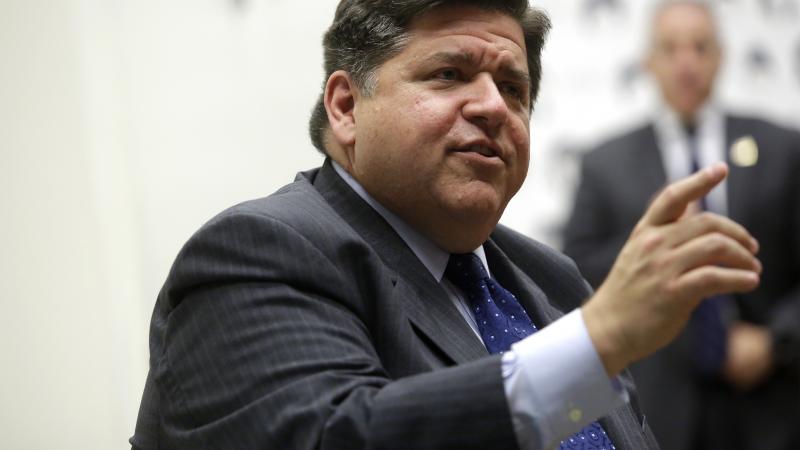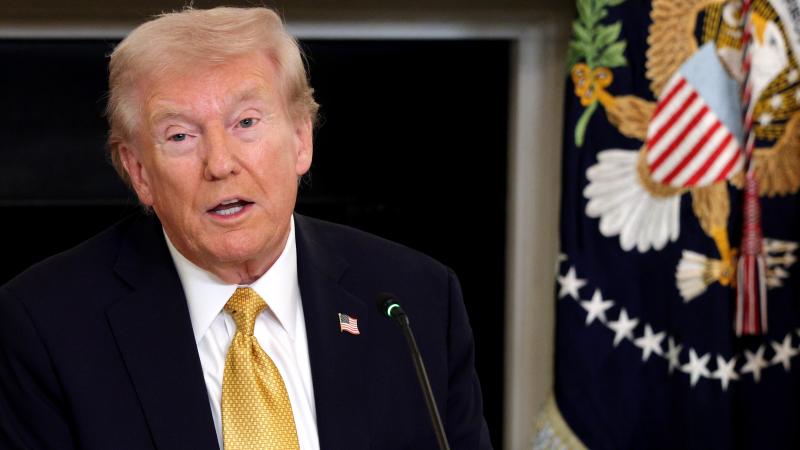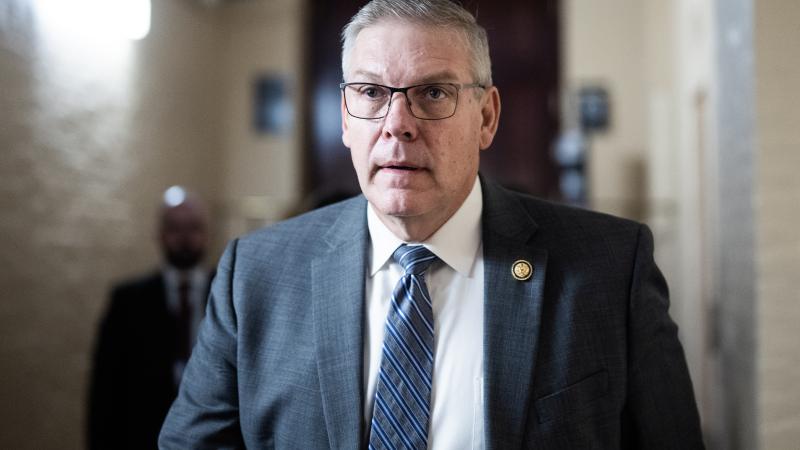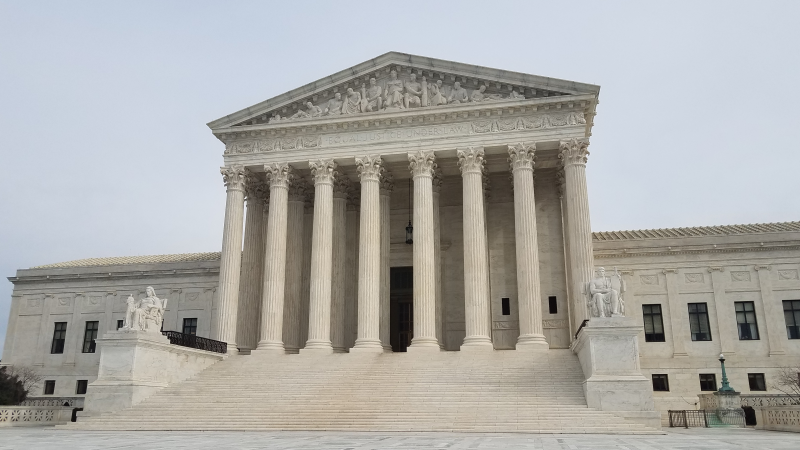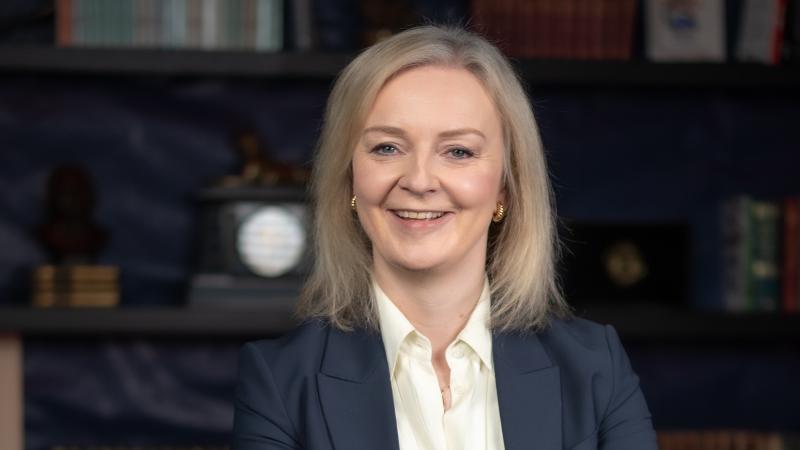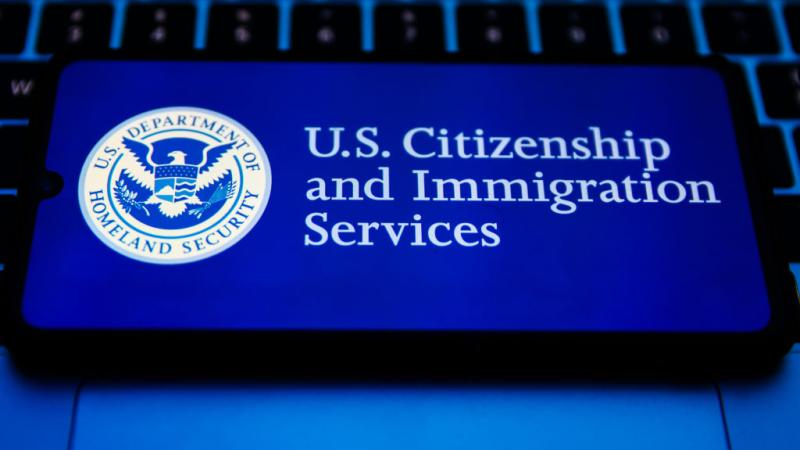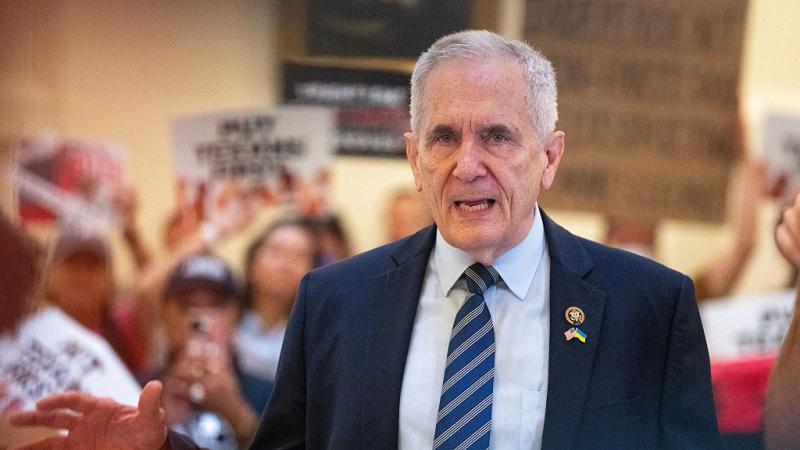Texas House committee passes school choice bill, the first in state history
Gov. Abbott has led the charge to pass the bill after previous efforts failed in the House, including successfully campaigning last year to replace House Republicans who opposed the measure.
(The Center Square) -
The Texas House Committee on Public Education on Thursday passed a school choice bill for the first time in state history.
The committee, chaired by state Rep. Brad Buckley, R-Killeen, passed SB 2, filed by state Sen. Brandon Creighton, R-Conroe, which passed the Texas Senate and was sent to the House for consideration. The legislation would create an Education Savings Account program to provide taxpayer-funded subsidies for primarily low-income families of roughly $10,000 per student.
Both the Texas Senate and House proposed budgets allocating $1 billion for the program to support roughly 100,000 students, prioritizing low-income and special needs students, The Center Square reported. The savings accounts can be used by parents to send their children to the school of their choice, including private schools.
The committee advanced the bill by a vote of 9-6. It also passed HB 2, a school funding bill filed by Buckley by a vote of 13-2. Buckley filed an education package, including HB 2, HB 3, the House version of SB 2, and HB 4, implementing public school assessment and accountability processes, The Center Square reported.
The package was filed after House Speaker Dustin Burrows, R-Lubbock, identified expanding public-school funding and creating the state’s first ESA program as legislative priorities. Public education and creating Texas’ first ESA were also identified as emergency legislative items by Gov. Greg Abbot. Lt. Gov. Dan Patrick listed school choice as a legislative priority in the Texas Senate, which has passed school choice bills for several years that went nowhere in the Texas House.
Abbott praised the committee vote, saying, “Texas is within reach of the largest school choice program launch in the nation.” Abbott has led the charge to pass the bill after previous efforts failed in the House, including successfully campaigning last year to replace House Republicans who opposed the measure. Abbott’s efforts paid off. Many new House Republicans won their primary, runoff and general elections and were sworn into office in January, all vowing to vote for the bill.
The committee “moved universal school choice one step closer to reaching my desk,” Abbott said. “This achievement was truly a team effort. Chairman Brad Buckley and the members of his committee worked around-the-clock to hear public testimony that lasted for nearly 24 hours. I thank them, as well as Lieutenant Governor Dan Patrick, Speaker Dustin Burrows, and Chairman Brandon Creighton, for their tireless work to empower Texas parents and students by providing school choice. I look forward to its swift passage in the Texas House and signing this bill into law.”
Earlier this year, Burrows said the bill would pass. He has joined Abbott at events promoting it, The Center Square reported.
According to a recent poll, a majority of registered voters surveyed in Texas, 63%, support a proposal to create Texas’ first Education Savings Account program, The Center Square reported.
Support exists across multiple demographics. The majority of Black respondents, 69%, white respondents, 62%, and Latino respondents, 59%, support an ESA program open to all students. Likewise, 78% of Republicans, 64% of Independents and 46% of Democrats support it.
A “Texas Trends” survey launched by the University of Houston’s Hobby School of Public Affairs and Texas Southern University also reported similar support. Of the nearly 2,300 Texans surveyed, 69% said they support an ESA program for all parents statewide, The Center Square reported.
“There is across-the-board support, not only across racial and partisan lines, but among urban, suburban and rural voters,” Jim Granato, dean and professor at the Hobby School, said. “Rural residents, and the legislators who represent them, have traditionally joined with urban Democrats to oppose voucher proposals, but we found 63% of respondents in rural and semi-rural areas support vouchers open to all families, along with 64% of suburban residents and 67% of urban residents.”
The ESA bill and other Buckley measures that passed will next go before the full House for a vote.
